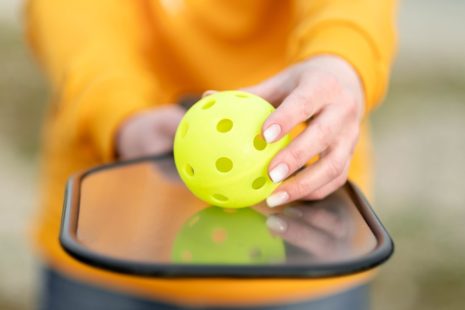Brazilian Jiu-Jitsu (BJJ) can be highly effective in real-life self-defense situations and fights, but its effectiveness depends on various factors, including the context of the altercation, the skill level of the practitioners involved, and the specific techniques applied.
Here are some reasons why BJJ can be effective in a real fight…
- Effective Ground Fighting – BJJ specializes in ground fighting techniques, including submissions, joint locks, and positional control. In a real fight scenario, where the altercation may end up on the ground, BJJ practitioners have the advantage of being comfortable and proficient in grappling and controlling opponents in various positions.
- Focus on Technique and Leverage – BJJ emphasizes leverage, technique, and leverage over size and strength, making it suitable for individuals of all sizes and physical abilities. With proper training and technique, a smaller or weaker individual can effectively neutralize a larger and stronger opponent using leverage-based techniques and submissions.
- Submission Holds and Control – BJJ practitioners are trained in a wide range of submission holds, including chokes, joint locks, and pins, which can be used to incapacitate or control an opponent without causing significant harm. Submissions can be applied to restrain an attacker or defend against strikes in a real-life self-defense situation.
- Escalation and De-escalation – BJJ training emphasizes situational awareness, de-escalation techniques, and the ability to control and neutralize threats without resorting to excessive force. BJJ practitioners are trained to assess and respond to varying levels of aggression and physical confrontation, with the goal of resolving conflicts peacefully whenever possible.
- Adaptability and Versatility – BJJ is a dynamic and versatile martial art that can be adapted to different scenarios and environments, including standing, clinch, and ground fighting situations. BJJ practitioners learn to transition seamlessly between positions and techniques based on the evolving dynamics of a fight.
- Physical and Mental Conditioning – BJJ training improves physical fitness, coordination, agility, and mental resilience, which are valuable attributes in real-life self-defense situations. Physical conditioning enables practitioners to endure and recover from physical exertion during altercations, while mental resilience helps maintain composure and focus under stress.
While BJJ can be effective in real fights, it’s essential to recognize that no martial art or self-defense system is foolproof, and success in a real-life altercation depends on various factors, including training, experience, situational awareness, and the willingness to defend oneself. Avoiding or de-escalating potentially violent situations whenever possible is always preferable to engaging in physical confrontation.




